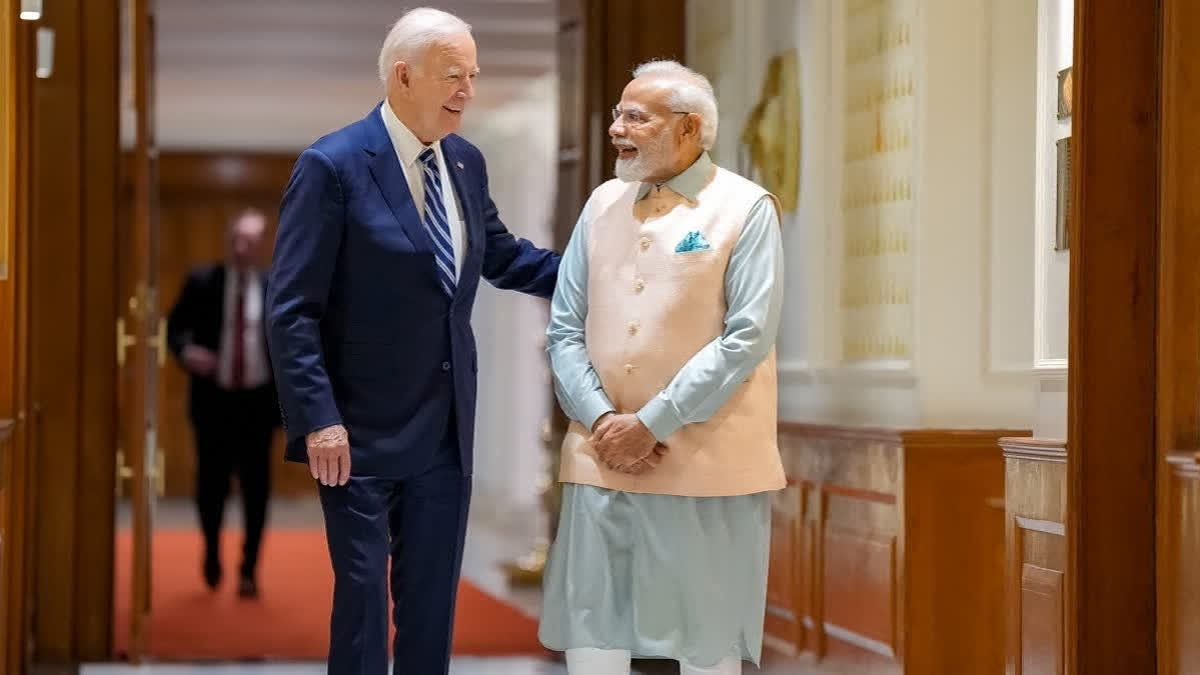Hyderabad: China launched the Border Road Initiative (BRI), its major economic infrastructure, in 2013, to have its economic footprints sprawled out across the member countries. India is not part of the BRI. Before China would celebrate its 10th anniversary, the G20 nations agreed to and subsequently announced India Middle East Europe Economic Coridor (IMEEEC), which is going to connect India with West Asia and Europe respectively, through ships and rail links.
The US, West Asia, and the European Union countries came to an agreement on this corridor during two days of the Summit in New Delhi that the trade route which will connect India with Europe via Saudi Arabia for speedy and hassle-free trade. This agreement is going to counterweight China’s BRI and also undermine the geopolitical and strategic significance of Pakistan in the region. The natural and historically critical land route for India to connect to central Asia used to pass via Pakistan, which neither Pakistan nor India could explore. The partition and ongoing hostilities made these natural trade routes unprofitable and redundant for the trade between India, Central Asia and beyond.
Now that Asia and Europe are going to get connected economically through IMEEEC, Pakistan would be completely irrelevant to India in the region except for a few contentious issues between them including Kashmir. China’s BRI project in Pakistan, CPEC (China Pakistan Economic Corridor), is having difficulties since many of the provinces it goes through like Gilgit Baltistan and the separatists in Balochistan are staunch opponents of the project. The problems this project faces in the country will only bring bitterness between Pakistan and China in future.
Now that an alternate route for India is in the offing; Pakistan, China and their small-time allies would try to find a way to stall the project. Saudi Arabia is a significant stakeholder in the India-Middle East Corridor and has long been Pakistan’s friend, infact seeds of the trade route were sown in Riyadh when security advisers of the US, Saudi, UAE and India met during NSA level talks out there in the country. Therefore, the chances of influencing Saudi to sabotage the project are bleak. The involvement of Israel might possibly have posed an issue had the US already not brokered a deal between Saudi and Israel, and only after that the deal was stamped in New Delhi. The corridor would majorly have shipping, railway connections and is going to minimise the travel time between India and other trading countries by more than 35 percent. Although the proper layout is not yet public, there will be undersea ducts for seamless flow of energy, electricity and cables connecting countries digitally. A detailed plan is expected in the coming months.
